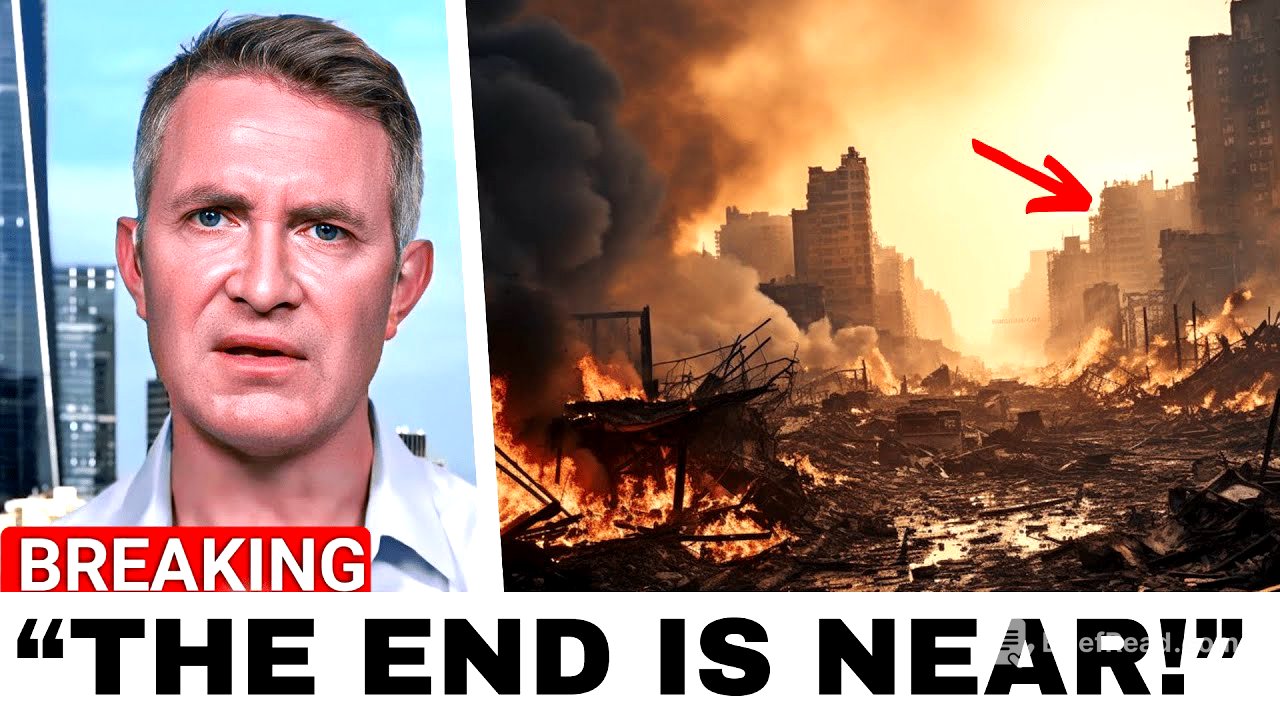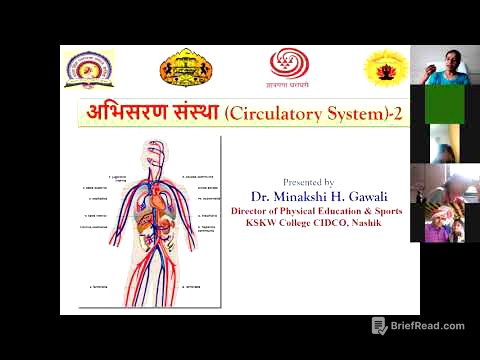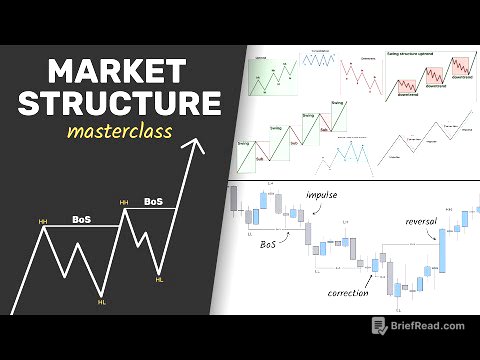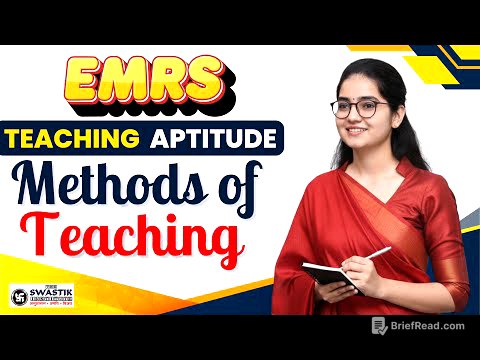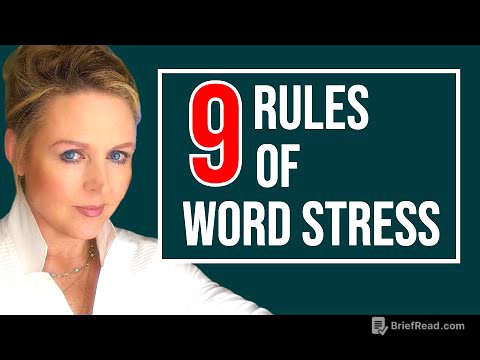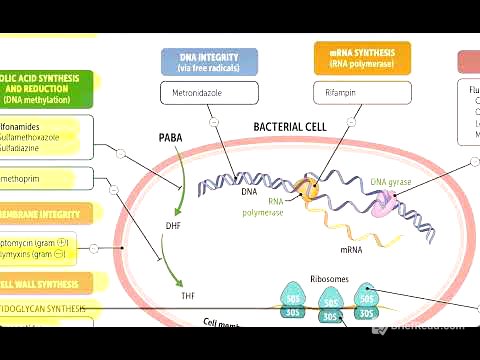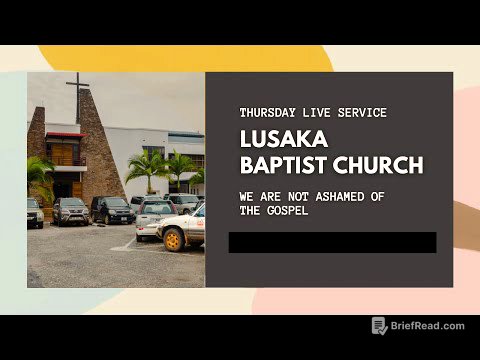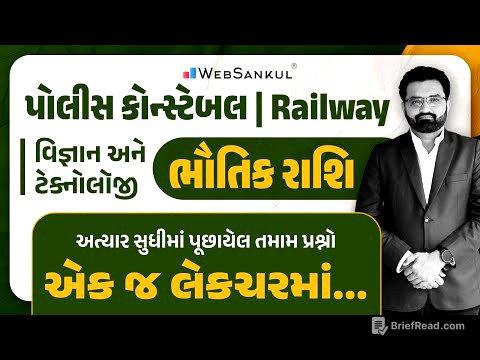TLDR;
Douglas Murray discusses the importance of defending Western values and the dangers of excessive self-criticism. He reflects on his intellectual journey, the influence of mentors like Christopher Hitchens and Roger Scruton, and the shift from cultural interests to political engagement. Murray also addresses the decline of trust in expertise, the rise of anti-American sentiment, and the need to maintain a sense of national pride while acknowledging past mistakes.
- Defending Western values against anti-Americanism and self-criticism.
- The importance of political engagement to protect cultural values.
- The decline of trust in expertise and the rise of anti-US sentiment.
From Literature to Politics [1:58]
Murray discusses his transition from studying literature to focusing on politics and international affairs. He realised that culture, literature, and art are all reliant on politics, especially in the modern age. Influenced by figures like Christopher Hitchens and Roger Scruton, Murray recognised the connection between culture and politics, and the need to defend cultural values through political engagement.
The Influence of Mentors [4:54]
Murray reflects on the influence of Christopher Hitchens and Roger Scruton, who mentored and encouraged him. He recalls his early experiences at Open Democracy, where he observed the clash between conservative viewpoints and left-wing ideologies. Scruton recognised Murray's love for his country, history, and culture, and encouraged him to stand his ground against the prevailing leftist sentiment.
Neoconservatism and Moral Clarity [8:53]
Murray addresses the label of "neocon" and explains his book on neoconservatism, which aimed to clarify the movement's meaning. He emphasises his preference for moral clarity over relativism, advocating for the ability to distinguish between preferable and undesirable positions. Murray acknowledges the problems with liberalism, particularly the risk of excessive openness that can undermine the ability to defend core values.
The Dangers of Self-Criticism [13:34]
Murray discusses the dangers of self-criticism turning into self-hate, arguing that excessive self-doubt can destabilise a nation. He criticises shallow debates about national identity and warns against the demoralising effects of constant self-analysis. Murray suggests that a reasonable sense of pride in national achievements is necessary for intellectual defence.
Reflections on the Iraq War and Expertise [18:22]
Murray reflects on the aftermath of 9/11 and the subsequent wars in Afghanistan and Iraq. He acknowledges his youthful optimism about America's capacity for nation-building and recognises the quicksand of war. Murray notes the breakdown of trust in expertise, particularly in foreign policy and science, and the sidelining of experienced professionals after the Iraq and Afghanistan blunders.
Anti-Americanism and the Need for Expertise [22:10]
Murray expresses concern about the rise of anti-American sentiment and the need to improve societies while recognising the nature of global rivals. He stresses the importance of expertise and the need to find a reasonable attitude towards knowledge. Murray highlights the dangers of a dangerous tilt encouraged by some podcasters, advocating for a balanced and informed perspective.
